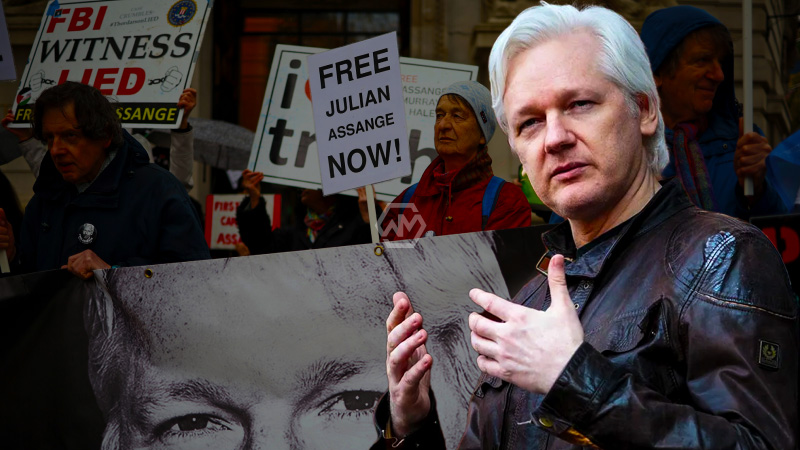- Julian Assange pleads guilty to conspiring to unlawfully obtain and disseminate classified information.
- Sentenced to 62 months, accounting for time already served.
- Proceedings held in the Northern Mariana Islands, close to Assange’s home country, Australia.
Julian Assange, the founder of WikiLeaks, has agreed to a plea deal with the US Justice Department, admitting guilt to charges of conspiring to unlawfully obtain and disseminate classified information. This plea pertains to his collaboration with Chelsea Manning, who leaked diplomatic cables and military files in 2010.
This development highlights a nuanced shift in US policy on prosecuting individuals involved in the unauthorized release of classified data. It emphasizes the balance between maintaining national security and upholding transparency, setting a significant precedent for future cases involving journalists and whistleblowers.
Assange’s Legal Saga: Turning Point and Future Implications
Internationally, reactions to the deal are mixed. Supporters see it as a step towards justice and a resolution to Assange’s protracted legal issues, emphasizing the public interest value of his disclosures. Critics, however, argue that his actions posed significant risks to national security and diplomatic relations.
The case underscores ongoing challenges in balancing transparency with security. It also raises important questions about the future treatment of whistleblowers and journalists who publish classified information, potentially influencing how similar cases are handled globally.
Julian Assange’s plea deal not only brings a degree of resolution to his personal legal saga but also sets a precedent that will likely influence the intersection of journalism, transparency, and national security for years to come.
“Every man who says frankly and fully what he thinks is doing a public service.”
– Leslie Stephen



